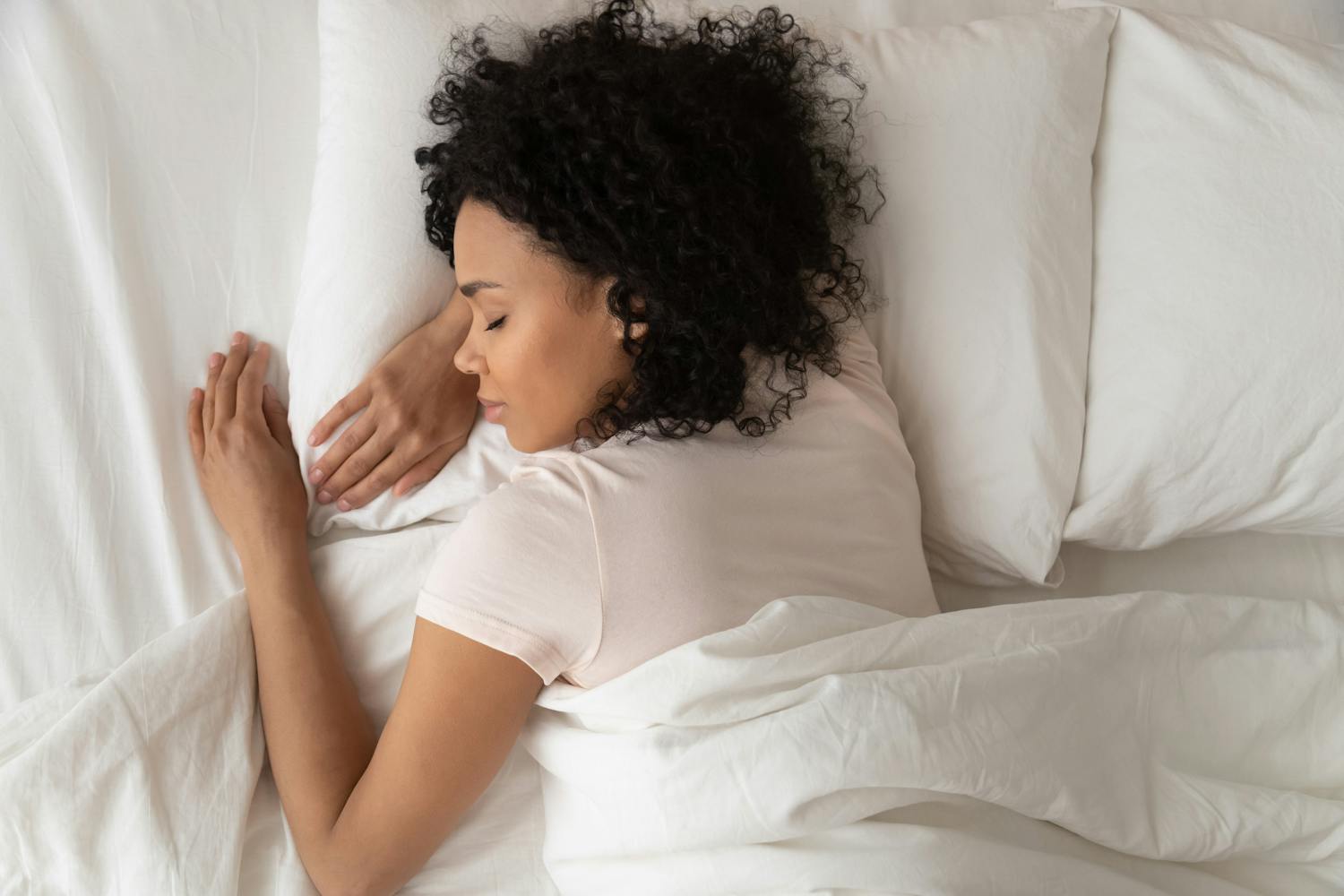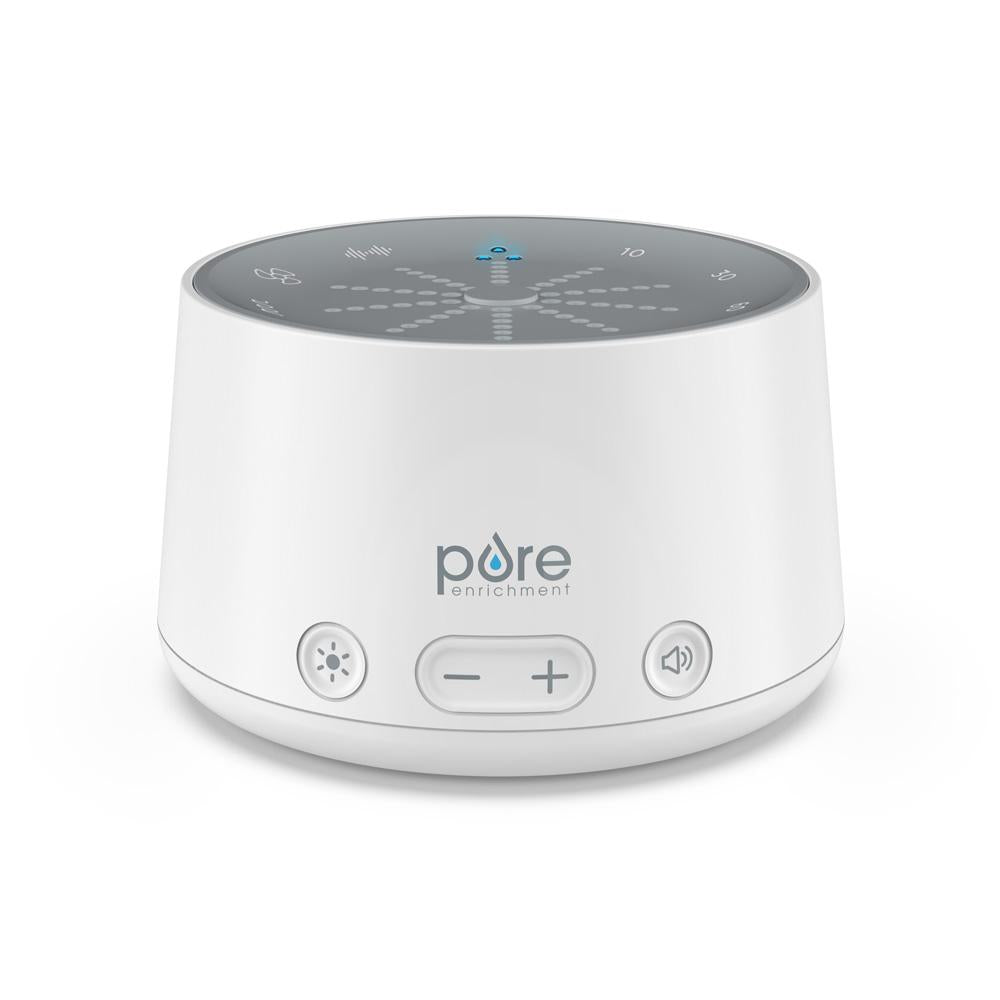Comprehensive Sleep Disorder Treatment - Discover the Best Solutions
Comprehensive Sleep Disorder Treatment - Discover the Best Solutions
Blog Article
Reliable Treatment Solutions for Taking Care Of Rest Disorders and Enhancing Relaxed Rest
In the world of healthcare, the management of sleep problems and the quest for restful rest are critical parts of overall health. As we browse the elaborate landscape of sleep problems and seek to enhance our rest experience, a deeper understanding of these treatment remedies may hold the trick to unlocking a more refreshing and satisfying corrective journey.
Cognitive Behavior Treatment for Sleep Problems (CBT-I)
Cognitive Behavior Modification for Insomnia (CBT-I) is an organized, evidence-based therapy technique that concentrates on dealing with the underlying factors adding to rest disruptions. This type of treatment intends to customize behaviors and thoughts that exacerbate insomnia, ultimately advertising healthy sleep patterns. CBT-I normally entails numerous crucial elements, including cognitive therapy, sleep limitation, stimulus control, and rest hygiene education.
Cognitive therapy aids people determine and change adverse idea patterns and beliefs regarding sleep that may be hindering their ability to drop or stay asleep. Sleep restriction entails limiting the amount of time spent in bed to match the person's actual sleep period, therefore boosting sleep efficiency (cognitive behavioral therapy for insomnia (CBT-I)). Stimulus control strategies help develop a solid association between the bed and sleep by urging individuals to visit bed just when drowsy and to stay clear of participating in boosting activities in bed
Additionally, sleep health education and learning concentrates on developing healthy and balanced sleep habits, such as maintaining a regular rest schedule, developing a relaxing bedtime regimen, and maximizing the sleep environment. By addressing these elements adequately, CBT-I uses a reliable non-pharmacological treatment for handling insomnia and enhancing general sleep top quality.
Rest Hygiene Practices
Having developed the foundation of cognitive restructuring and behavioral alterations in resolving insomnia via Cognitive Behavior modification for Insomnia (CBT-I), the emphasis now moves in the direction of checking out essential Sleep Health Practices for keeping optimum sleep top quality and general wellness.
Sleep hygiene methods incorporate a series of practices and ecological factors that can significantly affect one's capability to drop off to sleep and remain asleep throughout the evening. Consistent sleep and wake times, creating a relaxing bedtime routine, and enhancing the rest setting by maintaining it dark, silent, and cool are vital components of good sleep hygiene. Limiting direct exposure to displays prior to bedtime, staying clear of energizers like caffeine near bedtime, and participating in normal exercise during the day can also advertise much better sleep top quality.
Additionally, practicing leisure strategies such as deep breathing workouts or meditation prior to bed can aid calm the mind and prepare the body for sleep. By incorporating these sleep hygiene practices right into one's day-to-day routine, individuals can establish a healthy and balanced rest pattern that supports peaceful rest and total health.
Relaxation Strategies and Mindfulness
Implementing leisure techniques and mindfulness techniques can play a critical role in promoting a sense of calm and advertising high quality sleep. insomnia therapy. These strategies intend to peaceful the mind, reduce stress, and produce an optimal atmosphere for restful rest. One widely exercised approach is deep breathing workouts, where individuals concentrate on sluggish, deep breaths to loosen up the body and mind. Progressive muscular tissue leisure involves tensing and then launching each muscle team, promoting physical leisure. Additionally, led imagery can assist transfer people to a calm place in their minds, aiding in anxiety decrease and improving sleep high quality.
Mindfulness practices, such as reflection and yoga, are additionally reliable in advertising leisure and boosting sleep. Mindfulness urges people to remain present in the minute, releasing bother with the past or future. By incorporating these techniques right into a going to bed regimen, individuals can signal to their bodies that it is time to prepare and relax for rest. On the whole, incorporating leisure methods and mindfulness practices can substantially add to taking care of rest problems and improving overall rest top quality.

Medication Options for Sleep Disorders
After checking out leisure methods and mindfulness techniques as non-pharmacological treatments for improving sleep top quality, it is necessary to think about medication choices for people with rest disorders. In situations where way of life changes and therapy do not supply enough alleviation, medication can be a valuable device in handling rest disruptions.
Generally recommended medicines for sleep disorders consist of benzodiazepines, non-benzodiazepine hypnotics, antidepressants, and melatonin receptor agonists. Antidepressants, such as trazodone, can be beneficial for individuals with co-occurring anxiety and rest disturbances - natural insomnia remedies.
It is important for people to talk to a health care provider to figure out the most ideal drug option based upon their particular rest disorder and case history.
Light Treatment for Circadian Rhythm Law
Light treatment, likewise known as photo-therapy, is a non-invasive no sleep disorder treatment method made use of to manage circadian rhythms and boost sleep-wake cycles. This therapy includes direct exposure to intense light that simulates all-natural sunshine, which assists to reset the body's biological rhythm. By exposing individuals to certain wavelengths of light, usually in the early morning or night depending on the wanted result, light therapy can efficiently change the body clock to advertise wakefulness throughout the day and improve restful sleep during the night.
Study has revealed that light therapy can be specifically helpful for people with body clock problems, such as postponed sleep stage syndrome or jet lag. It can likewise be valuable for those experiencing seasonal depression (SAD), a kind of depression that commonly occurs throughout the winter season months when natural light exposure is lowered. Light therapy is generally well-tolerated and can be used combined with other therapy methods for sleep problems to optimize results and boost general rest quality.
Verdict
To conclude, efficient therapy options for managing rest problems and improving peaceful rest include Cognitive Behavioral Treatment for Insomnia (CBT-I), rest health techniques, relaxation strategies and mindfulness, medication alternatives, and light treatment for circadian rhythm law. These methods can aid individuals improve their rest quality and overall health. It is essential to consult with a doctor to figure out one of the most appropriate approach for resolving sleep issues.
As we browse the complex landscape of sleep disorders and look for to enhance our sleep experience, a much deeper understanding of these therapy remedies may hold the trick to unlocking a more refreshing and meeting restorative journey.
Sleep constraint includes restricting the quantity of time spent in bed to match the person's real rest period, thus boosting sleep efficiency. Consistent sleep and wake times, creating a relaxing going to bed routine, and optimizing the rest atmosphere by maintaining it dark, Get the facts silent, and cool are essential components of excellent sleep hygiene. Light therapy is normally well-tolerated and can be made use of in combination with various other treatment methods for sleep conditions to maximize results and enhance general rest quality.

Report this page